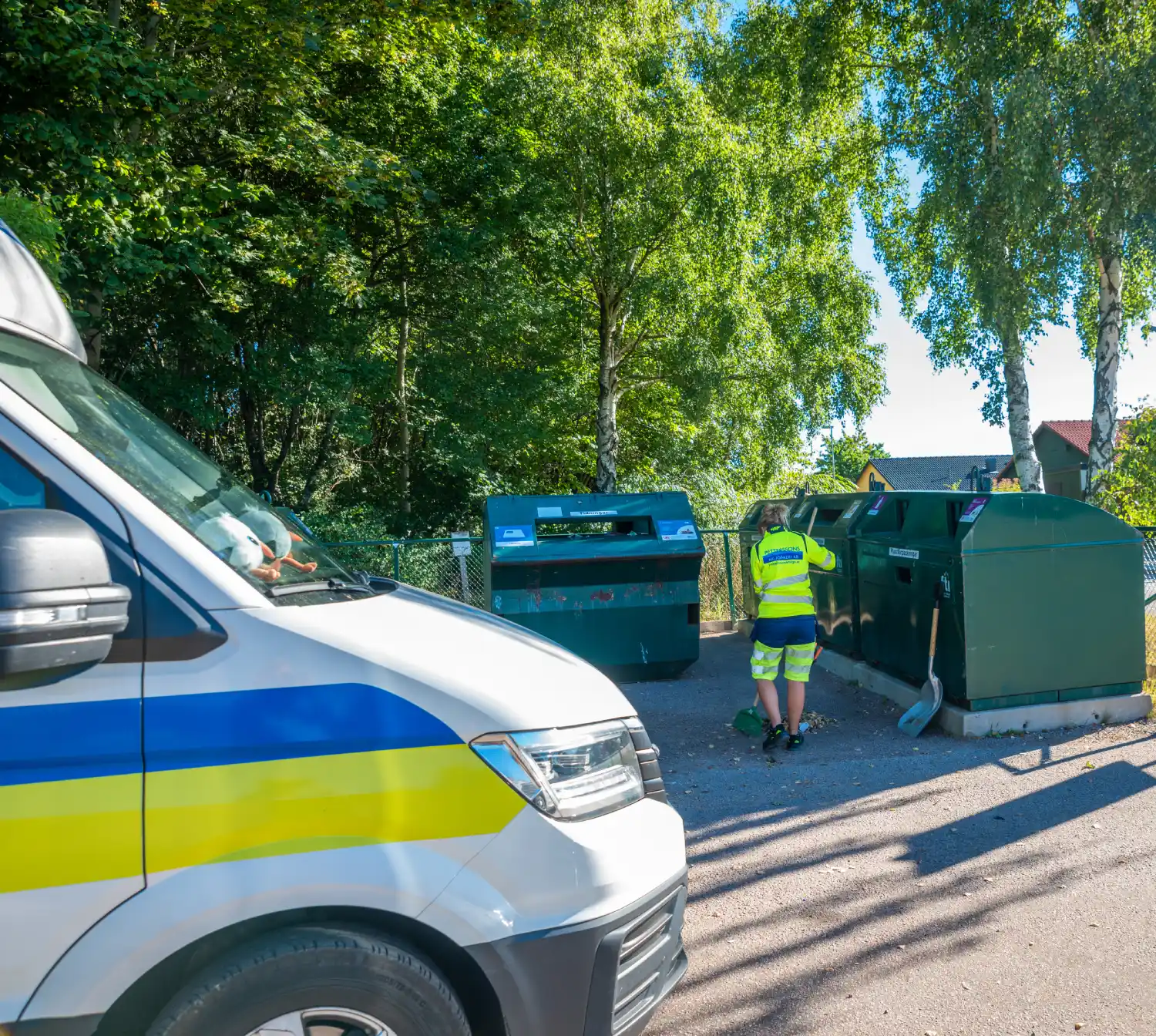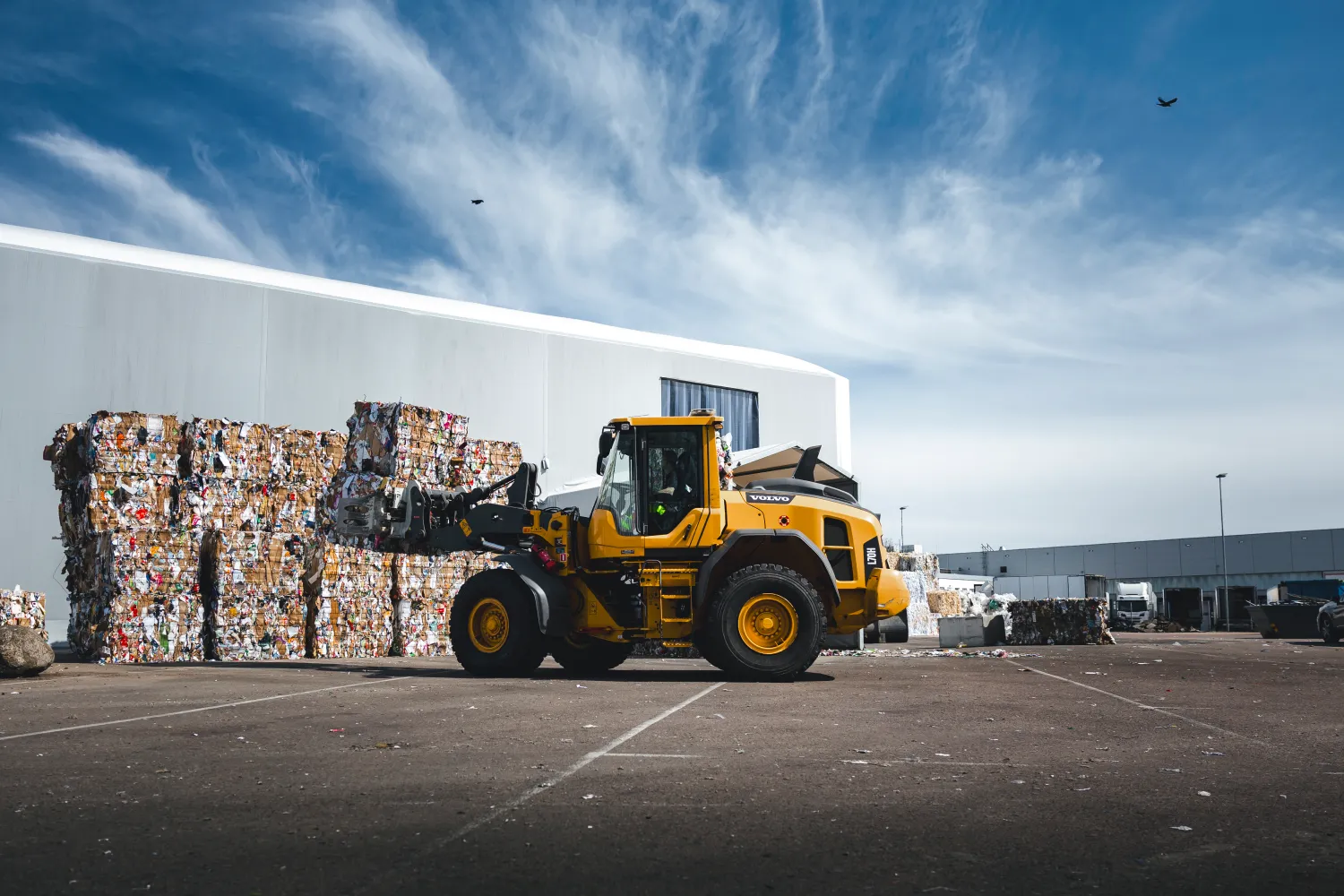Recycling in Sweden: A Model for Global Sustainability
Recycling in Sweden: A Model for Global Sustainability
Blog Article
Sweden has for ages been a leader in sustainable techniques, and its Recycling (Återvinning) journey is nothing lacking remarkable. From progressive waste administration systems to a nationwide national shift, Sweden has changed just how it grips waste. The country has made waste in to value by maximizing recycling initiatives and harnessing waste as an invaluable resource. This method not merely decreases environmental impact but also plays a role in Sweden's formidable renewable power goals.

Primary Recycling Rates
Sweden delivers among the highest recycling charges on earth, with approximately 99% of home spend being recycled or repurposed. The nation has created a innovative spend working process that makes it easy for people to separate recyclables, ensuring little waste eventually ends up in landfills. That achievement is not the consequence of an individual plan but instead a thorough national effort, including an effective infrastructure and the productive involvement of Swedish residents.
Waste-to-Energy Development
Certainly one of Sweden's many amazing techniques in waste management is their waste-to-energy (WTE) model. Rather than giving waste to landfills, Sweden burns extra waste to create energy in the proper execution of heat and electricity. This process reports for about 50% of the country's waste, and the power produced powers homes, organizations, and also entire cities. The WTE design not merely decreases landfill waste but also significantly lowers Sweden's dependence on fossil fuels, aligning with the nation's sustainability goals.
Lengthy Company Obligation (EPR)
A crucial element of Sweden's recycling achievement could be the implementation of Lengthy Producer Duty (EPR). This policy involves manufacturers to control the recycling of their services and products and packaging. By shifting the responsibility to companies, Sweden has considerably paid down packaging waste and incentivized the growth of more sustainable products. EPR has additionally generated higher recycling charges, specially in industries like technology, presentation, and textiles.
Community Involvement and Knowledge
The Swedish government places a solid emphasis on educating its citizens concerning the significance of recycling. Community awareness campaigns inspire people to undertake responsible consumption behaviors, such as reducing waste and recycling effectively. Schools, media retailers, and regional governments interact to market environmental stewardship, ensuring that recycling is element of lifestyle for Swedes of all ages.
Future Improvements
As Sweden remains their recycling trip, the united states is exploring new systems to help expand increase spend management.

Conclusion
Sweden's recycling trip has made trash in to treasure, proving that waste can be quite a useful reference when managed responsibly. Through high recycling charges, waste-to-energy development, and plans like Expanded Producer Duty, Sweden has collection an international case for sustainable waste management. With extended innovation and a tradition of environmental recognition, Sweden is poised to stay at the front of the international recycling action, featuring a rounded economy is not just possible—it's the future. Report this page